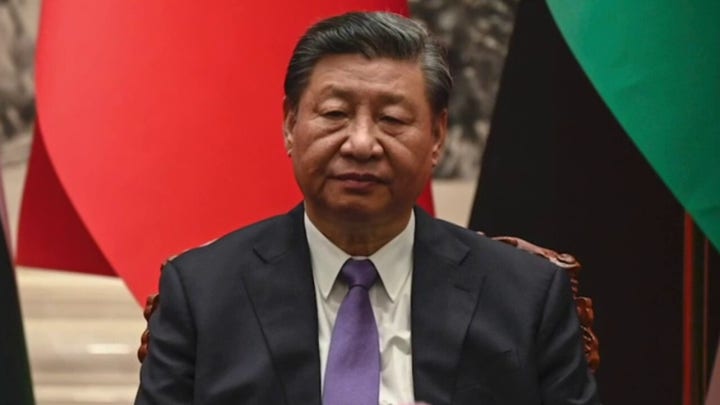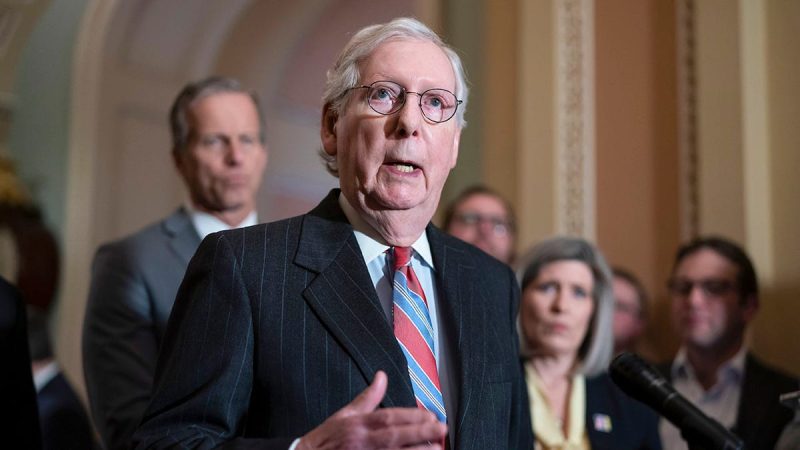Wasserman Schultz sparks backlash for claiming Tulsi Gabbard is a Russian asset
Rep. Debbie Wasserman Schultz, D-Fla., is facing backlash online for claiming that Tulsi Gabbard, President-elect Trump’s pick for Director of National Intelligence (DNI), is ‘likely a Russian asset.’ Wasserman Schultz made the claims, without providing any evidence, on MSNBC Friday, sparking furious responses
WINSTON MARSHALL: A British rock star’s view of Trump’s win – and the UK’s plight
The once and future President Donald Trump was wrong about one thing: ‘We’re going to win so much, you’re going to be so sick and tired of winning” Not me. The White House, the Senate, the House, the popular vote, a state
The 6 Republican senators who could sink a Trump nomination
President-elect Trump is rounding out his administration with cabinet nominations, but their confirmation ultimately relies on support from linchpins in the Senate who could be skeptical of his appointees. While the incoming president has the power to appoint members to his




